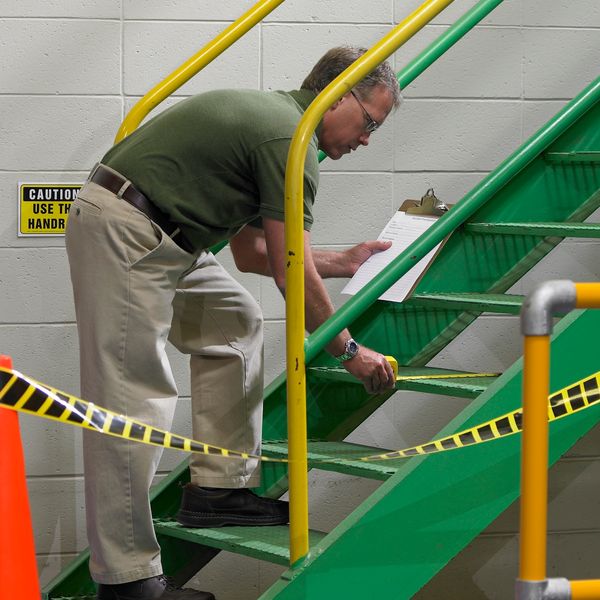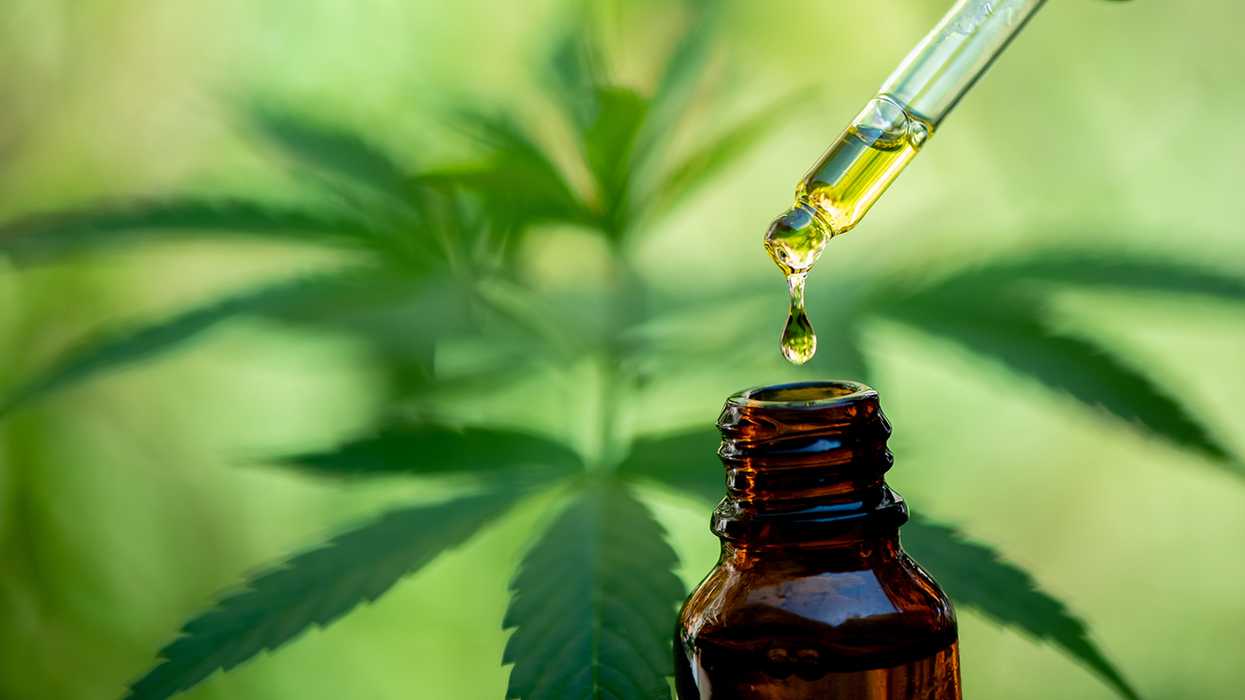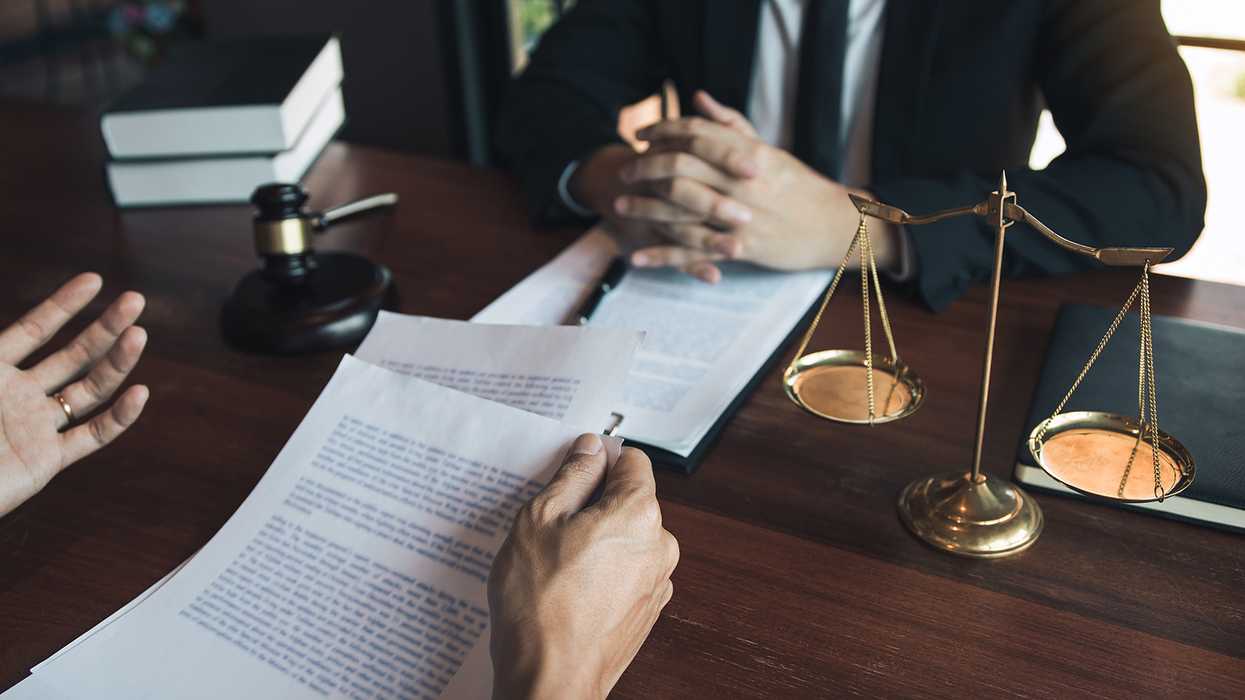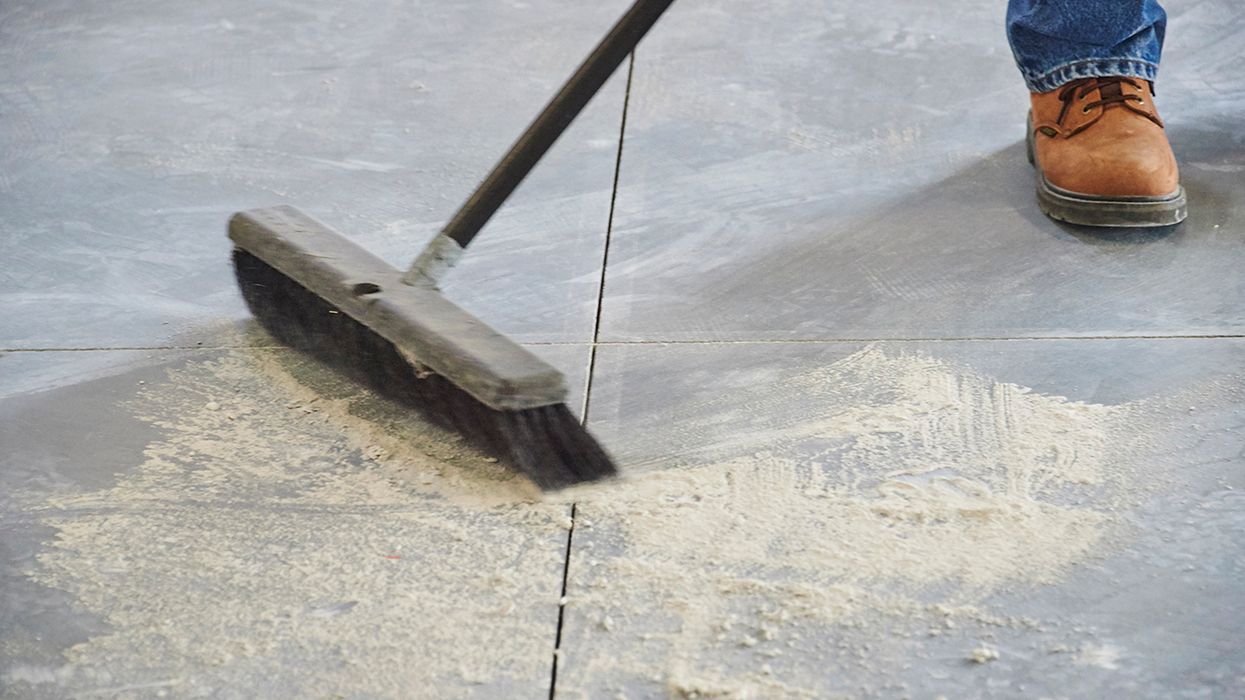Expert Insights: Sharpen your skills for effective environmental investigations
I had a recent conversation with colleagues in the industry about the importance of investigating environmental incidents. We had a great exchange of tips and best practices that I couldn’t wait to share.
Preparing to respond
Let's talk about preparedness first. Before an incident occurs, make sure you're ready to respond. This means having a solid response plan and training your employees on what to do in different situations. On top of that, gather the supplies you might need. Ensure you have the supplies you may need in response to all the potential environmental incidents that could occur, including items like spill kits, overpack containers, and portable containments for releases and spills. You should also include all the tools you need for investigation and documentation.
Conducting the investigation
Now, when it comes to the actual investigation, following a set process is key. An established method ensures the process is consistent from incident to incident. Need a handy tip? Create standardized forms and a list of common questions that always require answers.
Many of our customers have the responsibility of conducting both safety and environmental incident investigations. In the world of safety, incident notification and investigation often happen after an event occurs. For example, it can be after someone is injured or has a near miss. Environmental incidents can be similar, but there's a twist: the incidents, such as spills or leaks, are often still occurring when reported. This can have implications on what your early actions look like and how quickly you need to take action.
Recordkeeping
Finally, the records you keep of what happened are crucial. It’s recommended that the investigation and recordkeeping efforts match the severity of the incident. If you have a serious incident, such as a major release, you'll probably have a bigger team investigating, including people from different departments. There should be a high level of detail with respect to documentation, pictures, and data collected. For minor incidents, perhaps something that’s fully contained or doesn’t trigger regulatory reporting, the investigation can be a smaller effort with less comprehensive records.
When it comes to environmental incidents, hoping for the best just won’t do — you must also prepare for the worst.
Have a question for our Compliance Experts?
If you have safety or compliance questions, we encourage you to use Compliance Network’s Expert Help tool. Mishka Binns and our team of Compliance Experts will respond to your question within 24 business hours.





















































